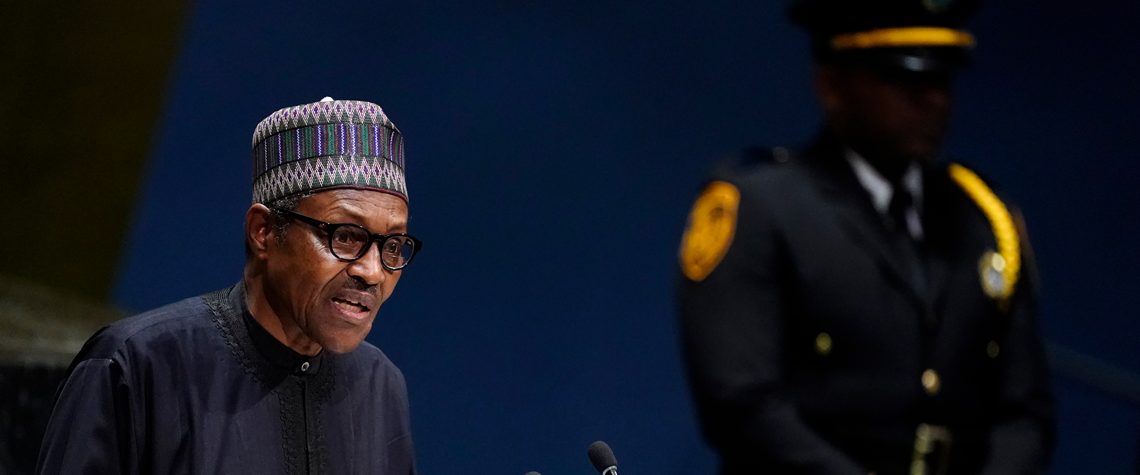The diverging fortunes of Africa’s crude kings
Profound differences in governance style will impact the speed and development of future energy projects across Angola and Nigeria
The 2014 oil price collapse hit Nigeria and Angola hard. Successive years without final investment decisions (FIDs) left sub-Saharan Africa’s top two oil producers confronting maturing fields and declining production. In Nigeria, president Muhammadu Buhari has done little to rekindle investment since assuming office in 2015—operators now face another three years of his slow-moving administration. By contrast, Angola’s head of state, Joao Lourenco, was quick to enlist the support of oil majors after assuming power in September 2017. The countries’ trajectories will continue to diverge in 2020 as Lourenco’s reforms reap rewards and Buhari continues to dither. Regulatory reforms Key to revivin

Also in this section
19 April 2024
Cairo’s currency problems have hindered investment, but Pharos sees considerable potential as Egypt emerges from crisis
18 April 2024
The Norwegian energy company is concentrating its efforts on specific regions and assets that meet strict cost and carbon criteria
17 April 2024
Uzbekistan and Kazakhstan provide opportunities after Europe turns it back, while also offering another gateway to China
16 April 2024
Commentators need to shake off the myths of the past, with rising oil prices a boon for US economy







